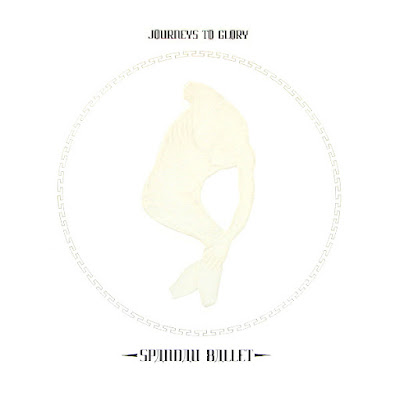I had some reservations. Much as I've loved the Stranglers, they had distinct periods of experimentation with being macho shitheads, and more recently I encountered Hitler salutes delivered in praise of Euroman Cometh on a peculiar blog constituting an assemblage of quotes of far right inclination. Mostly it was excerpts from interviews in which various members of Killing Joke proposed which demographic groups they would like to see sent to a hypothetical gas chamber, mainly referring to fairies, effeminate types, nancy boys, anyone who likes Boy George, people who listen to pouffy music, other fairies who have somehow eluded the initial sweep, over and over - what larks! It was hard to work out whether the author of the blog had compiled all of this material as evidence for the prosecution, or because he too wished to see fairies sent to some hypothetical gas chamber, but the suggestion of Euroman Cometh being cut from the same jackbooted cloth was troubling, particularly in the wake of certain fat folky fuckers who just happen to be stood on stage in black uniforms singing about how they quite like Europe.
Thankfully I was mistaken, as I probably would have realised had I bought this at the time. Burnel's Crabs sounded great on the Strangler's Christmas EP, but apparently not so great as to inspire me to buy the album, but never mind. Euroman Cometh is thematically a call for European unity as a progressive and essentially inclusive entity, a refutation of American influence and the more unpleasant episodes of recent European history; and even Burnel's motorbike fixation is turned to a restatement of this ideal on the cover:
The Triumph Workers Co-operative at Meriden have proved that personally motivated enterprise coupled with group interest is a necessary ingredient in successful socialism and the sham they call national socialism could only be suggested and perpetrated by enemies of the people.
See, Dougie - that's all it fucking takes, you goose-stepping wanker.
Musically speaking, Euroman could almost be a Stranglers album, albeit one with a subtle shift of emphasis in the direction of the European sensibility it strives to communicate, so it growls and swaggers just as you would expect whilst somehow invoking Metal Urbain, Grauzone, and other cold wave types who added grumbling bass to one of those primitive rhythm machines which was usually just a wooden box with a button marked rhumba on the side. Strangely, the only minor disappointment is that the studio version of Crabs isn't quite so convincing as the live version which accompanied the release of Don't Bring Harry; but this is otherwise a fucking cracker.



